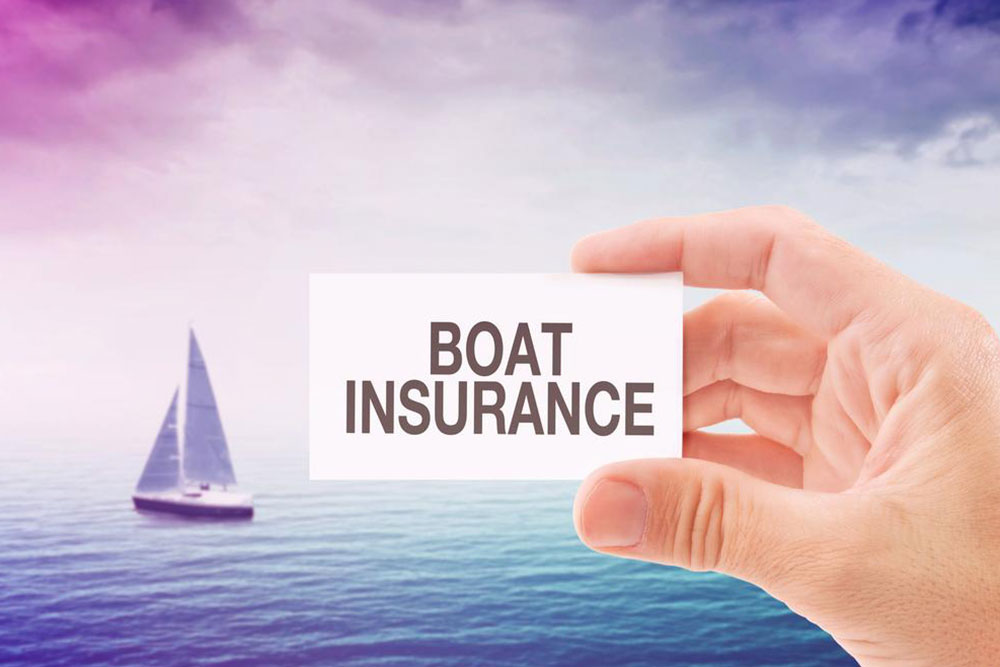Things to know before availing of a boat insurance
If you own a new boat, it is highly likely that you are looking for boat insurance options. The first and the most important piece of information you must know is that it’s best to get a separate boat insurance. Most owners are often under the assumption that boats are covered under the homeowner’s policy. However, many of these policies have a limitation on marine-specific risks. Although a homeowner’s policy may be suitable for boats with a horsepower limit of 25 to 100, they may not cover all types of damages and repairs. They also are applicable only for lakes, rivers, and inland waterways.

Insurance providers offer a variety of boat insurance coverage depending on your needs. While choosing an appropriate policy, it is important to take the following factors into consideration.
- Age of the boat
- Value, speed/horsepower, and length of the boat
- Type of the boat (cruiser, yacht, inboard, outboard, fishing boat or performance boat)
- The condition of the boat (the boat must meet the US Coast Guard Standards)
- Ownership (no more than two owners)
- Area of operation (lake, river, backwaters, ocean)
- Primary residence (whether the boat is used as a primary residence)
Types of coverage
The coverage largely depends on the type of policy you choose, agreed value or actual cash value.
Specialized coverage : This offers coverage to specific parts in your boat. It also covers expensive artifacts or navigation equipment installed inside the boat.
Consequential damage : This covers a loss due to the wear and tear of the boat. If it suffers from rotting, rusting, molding or corrosion, it will be covered.
Towing : This coverage provides relief in the event that your boat is towed from water to safety
Cruising extension : This offers temporary coverage to those going on an expedition outside of the country (usually to Mexico or the Bahamas).

